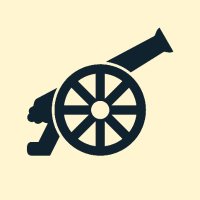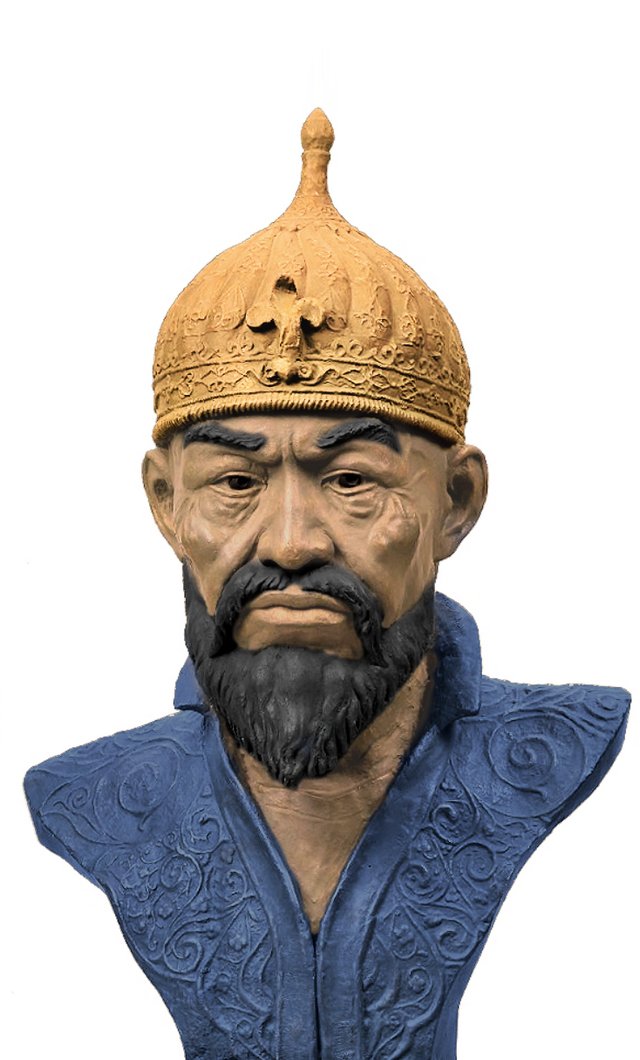
Today in Military History
@abattleaday
Two Thousand Years of Military History - Battles and Sieges from the 1st Century to the 20th.
IFB veterans. DMs regarding post accuracy only. #History
ID: 1529284572076249088
25-05-2022 02:14:00
4,4K Tweet
3,3K Followers
3,3K Following




















